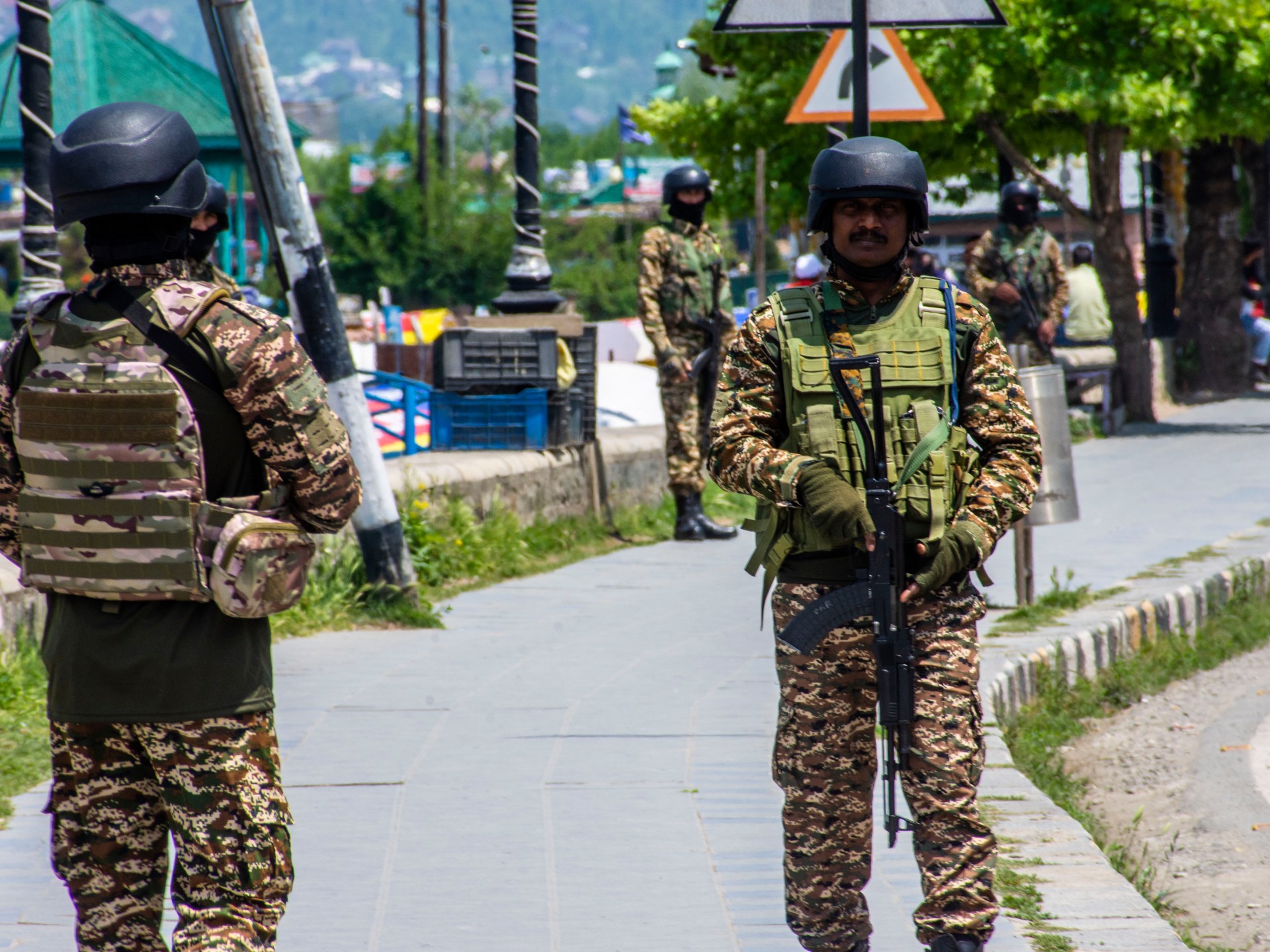Last week, twenty -six people were killed in an attack in Bahgham, in Kashmir occupied by India. With the exception of one Kashmiri man, all the victims of the male Indian tourists were. Almost immediately, the Indian government claimed that the attack was carried out by an armed group backed by Pakistan working in Kashmir.
The fingers in particular were directed to a group called the “Resistance Front”, which was founded in 2019 in Kashmir in response to India’s decision to cancel the semi -self -status of Kashmir, that it was the one that carried out the attack.
However, this group denied this in a statement issued by it several days later, explaining that its accounts on social media were subjected to cyber penetration.
For its part, the Pakistani government strongly denied any role in this attack, and claimed that it was just a “deception” (a false operation managed by governments to attach the charge to another party) that the Indian government arranged to distort the Kashmir liberation movement.
In an occupied area that is burdened with political tensions such as Kashmir, the truth is often the first victims of the conflict. We may never know who is behind the Bazam attack. But what we know is certain that the residents of Kashmir, as usual, are the ones who will bear the consequences of this catastrophe.
Last week, the Indian government launched a repressive campaign in which it arrested about 1900 Kashmiri. In the town of Kobora, a Kashmiri man was killed during his house.
In another incident, the brother of a militants was killed in a fabricated confrontation. Nearly ten houses were destroyed, claiming that their owners were gunmen. Thus, entire families lost everything, and their world has completely collapsed.
In addition, violence against the Kashmiris residing in India has escalated. Reports were frequently exposed to beating, harassment and collective revenge.
Many Kashmiris residing in India were forced to work or study to return to their homeland. On the Indian social media, calls for the application of an “Israeli solution” in Kashmir appeared, and the Abadi discourse against the population escalated, with demands that Kashmir be treated as Gaza being treated. The threats were not limited to this, but rather to threats to sexual violence against Kashmiri women.
This was not surprising, as the Indian government has always considered Israel as a model. India is the largest buyer of Israeli weapons, and the two governments: Indian and Israeli are closely cooperating in a wide range of defense policies and counter -rebellion, which are mainly used against the Palestinians and the Kashmiris.
In such moments, the news of India and Pakistan fill the headlines of the international newspapers, while the suffering of the people of Kashmir and its long movement is ignored to self -determination, in addition to the huge repression that it is exposed to daily.
Since 2019, the area has lived under a suffocating siege. By canceling the autonomy of Kashmir, India has sought a fundamental change in the nature of the Kashmiri conflict. It is currently seeking to implement a demographic change in the majority Muslim region for Hindus. With the aim of eliminating the continuous self -determination movement that calls for the end of the Indian colonial rule.
This attempt is carried out through two main means: the first of which is the seizure of the lands, which leads to the stripping of the Kashmiris of their lands, pension and property.
As for the second means, it is demographic engineering; More than 83,000 “residency” certificates have been issued to non -Kashmiris (Indian citizens) since 2022, giving them residence rights that were the preserve of the original citizens of Kashmir.
This means that those who have new residence can vote, buy property, and work in Kashmir. Over time, the number of Indians holding a residence certificate will increase, which will turn the Kashmiris into a minority in their land.
In addition to these long -term radical transformations, the post -2019 stage also witnessed a complete repression of civil society in Kashmir. Human rights defenders, Kharam Bruise and Irfan Mehraj, from the “Civil Society Coalition in Jammu and Kashmir”, are still in Indian prisons on false charges related to the support of terrorism.
The list of political prisoners also includes Yassin Malik and Aseh Andrebi (Kashmiri activist suffers from a deterioration in her health condition in the notorious Tihar prison in New Delhi). The forgetfulness of the Kashmir prisoners has suffered.
Moreover, it became very difficult for the Kashmiris to express themselves. The media, social media, academic circles and other organizations are exposed to severe repression.
Any person can be accused under the law to combat illegal activities (UAPA) – a well -known anti -terrorist law in India, which allows the classification of individuals as terrorists without following due legal procedures – just to write an article or demonstrate against the atrocities of the state.
The movement of others was also restricted by hanging passports, or including their names in the travel ban lists. People live in constant fear, even from each other, which prompted many to practice self -censorship. Indeed, most of the Kashmiris lived in a “survival” position even before this attack occurred.
Group’s genocide in Gaza encouraged countries like India, which saw what Israel has been able to escape during the past year and a half. Under the pretext of a Bahmam attack, India can do anything with the Kashmiris, increase their suppression and escalate violence against them.
However, this violence will not have major addresses in the international media, nor will it receive a conviction from the “international community”. In order to focus on the people of Kashmir and its aspirations when talking about tensions between India and Pakistan, there will be no hope to achieve any stability in this wider region.
The opinions in the article do not necessarily reflect the editorial position of Al -Jazeera.
(Tagstotranslate) Politics (T) Asia (T) India (T) Pakistan

